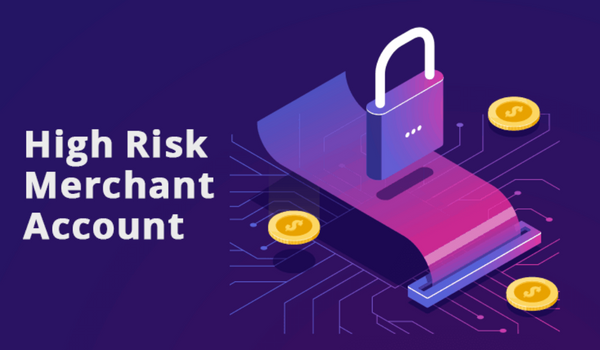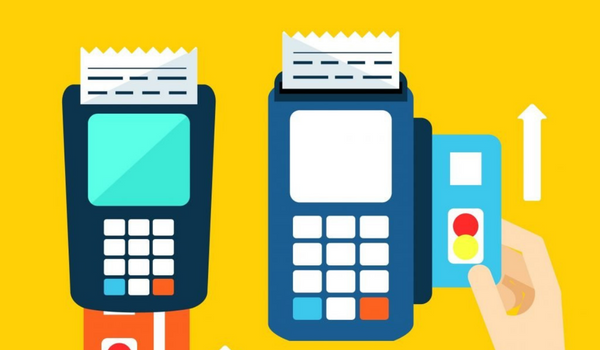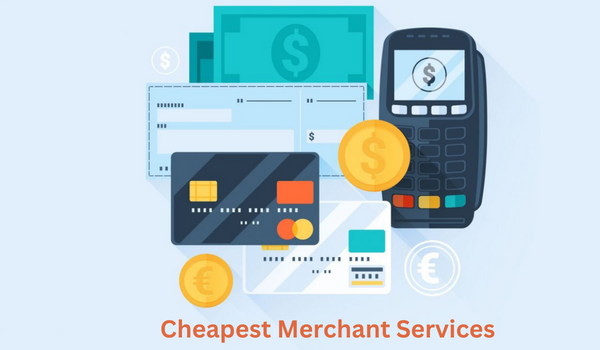
What is a high-risk merchant account?
A high-risk merchant account is a payment processing account designed for businesses deemed to be a higher risk due to their industry, products, or services. These accounts allow businesses to accept credit and debit card payments and process them through an acquiring bank. High-risk merchant accounts typically come with higher fees than non-high-risk merchant accounts and may require additional documentation.
What is considered a high-risk Merchant?
High-risk merchants are businesses that pose a higher risk of fraud or other legal issues, such as online gambling, adult entertainment, online pharmacy, travel, and more. They may also be businesses with a history of high chargeback rates, significant refund requests, or other practices that could put a merchant account provider at risk.
Advantages of a high-risk merchant account
- Quicker Payment Processing: High-risk merchant accounts allow for quicker payment processing. This is because the risk of fraud is much lower and the merchant can process payments more quickly.
- Increased Profits: High-risk merchant accounts enable more customers to make purchases online, resulting in increased profits. With customers being able to pay with their credit cards, they will be more likely to make purchases more often, resulting in increased profits.
- Improved Customer Service: High-risk merchant accounts allow merchants to provide better customer service and support. Since the risk of fraud is greatly reduced, merchants can be more confident in providing better customer service and support.
- Better Fraud Protection: High-risk merchant accounts provide better fraud protection for both the merchant and the customer. With better fraud protection, the merchant and customer can be assured that their transactions are secure and protected from fraudulent activity.
Methodology of a high-risk merchant account
When setting up a merchant account for a high-risk business, the merchant account provider needs to take a few extra steps to verify the legitimacy of the business and protect their interests. This will include a thorough review of the business, its products, customer service, return policy, and payment processing history.
The provider should also verify the business owners' identity, location, and financial history. Once the provider has completed its due diligence, it may require additional steps to protect its interests. This can include setting a rolling reserve, increasing transaction fees, or restricting certain types of transactions. It is also important to secure a written agreement between the merchant and the provider, outlining the terms of the merchant account and any restrictions that may be in place.
Finally, the merchant account provider will need to monitor the account on an ongoing basis. This includes regular reviews to ensure the business complies with the agreement and any restrictions that have been put in place. The provider should also monitor for any suspicious activity and take steps to prevent fraud or other legal issues.
Some of the most common types of high-risk merchant accounts include:
- Online Gambling Merchant Accounts: These accounts are designed for online gambling websites and online casinos that wish to accept credit card payments.
- Adult Entertainment Merchant Accounts: These accounts are designed for adult websites, adult video stores, and other adult entertainment businesses that wish to accept credit card payments.
- Retail Cannabis Merchant Accounts: These accounts are designed for retail cannabis dispensaries that wish to accept credit card payments from customers.
- Travel Merchant Accounts: These accounts are designed for travel agencies, online travel booking websites, and other travel businesses that wish to accept credit card payments.
- Pharmaceutical Merchant Accounts: These accounts are designed for online pharmacies, mail-order pharmacies, and other pharmaceutical businesses that wish to accept credit card payments.
- Multi-Level Marketing Merchant Accounts: These accounts are designed for multi-level marketing companies that wish to accept credit card payments.
- High-Ticket Merchant Accounts: These accounts are designed for businesses that sell high-ticket items (over $1,000) and wish to accept credit card payments.
Why do I need a high-risk merchant account?
By taking these extra steps, high-risk merchants can protect their businesses and ensure that they can accept payments safely and securely. But, using a high-risk merchant account carries some hazards as well. These, include increased fees, more stringent requirements, and a greater risk of fraud or chargebacks. Ultimately, it is up to the business to weigh the pros and cons to decide if a high-risk merchant account is right for them.
Does the safety rule for high-risk merchant accounts?
Yes, high-risk merchant accounts must comply with the same safety rules as any other merchant account. These rules include PCI compliance, secure payment processing, and fraud protection.
When selecting a high-risk account provider, consider the following:
- Reputation: A reputable provider will have a strong track record of providing quality service and reliable payment processing. Examine the ratings of the Better Business Bureau and online reviews.
- Security: Find out what security measures the provider has in place to protect your transactions and customer data. The provider should use SSL encryption and other measures to ensure your business is compliant with the Payment Card Industry Data Security Standard (PCI-DSS).
- Fees: High-risk accounts tend to come with higher fees and rates than regular merchant accounts. Make sure you understand the fees associated with the provider’s services and compare them to other options.
- Customer Service: A good provider offers excellent customer service and technical support when needed. Check to see if the provider offers live chat, phone support, or other options for getting help quickly.
- Scalability: As your business grows, you’ll want to make sure your high-risk account provider can grow with you. Ask about the provider’s capacity for processing more transactions and accommodating increased volume.
Conclusion
High-risk merchant accounts are important for any business that sells products or services considered high-risk. These accounts are necessary for ensuring the safety of customers and merchants and protecting both parties from fraud and other financial risks. They are also important for helping merchants accept payments online, as many payment processors do not accept high-risk businesses. By providing a safe payment gateway and additional security measures, high-risk merchant accounts can help businesses remain competitive in the marketplace and ensure their customers have a secure and convenient payment experience.







